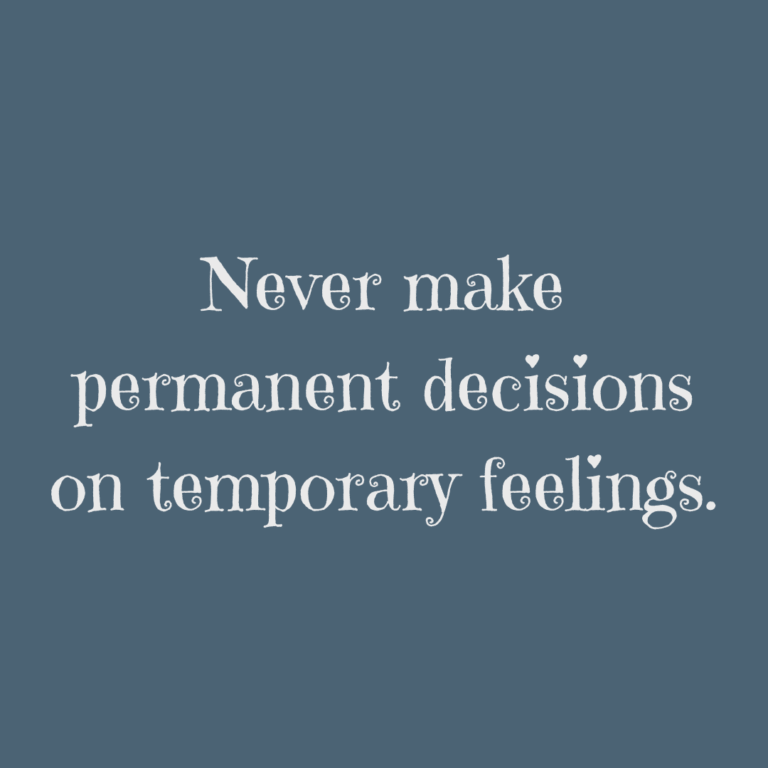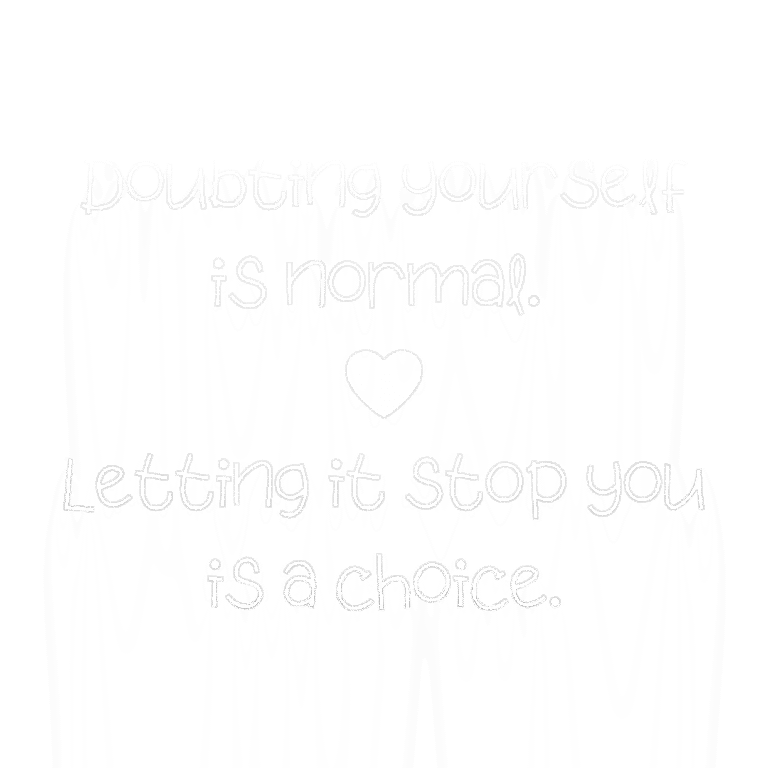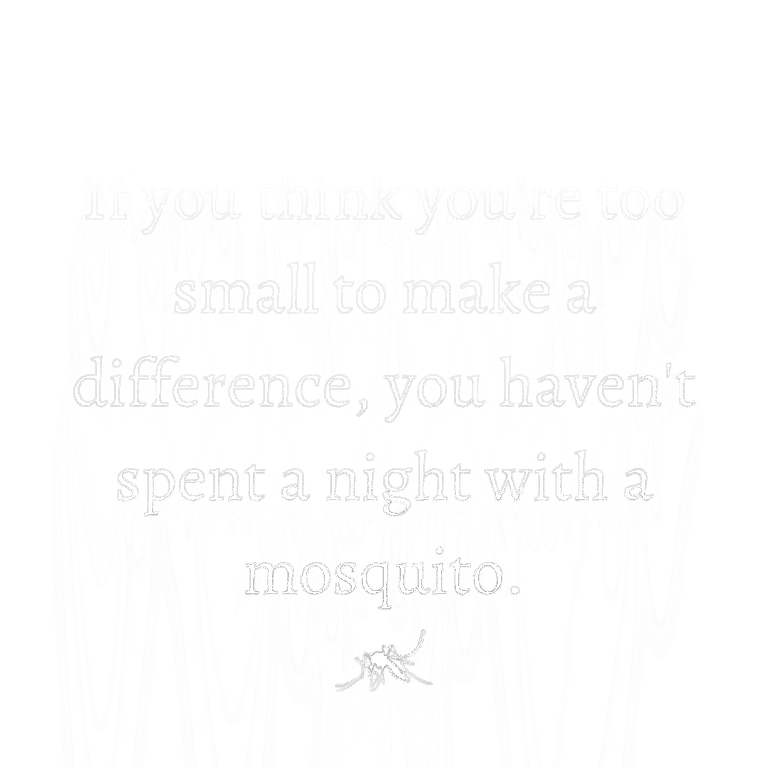For the beauty of the rose we also water the thorns.
Have you ever picked a beautiful rose and been pricked by a thorn? How do you respond in this situation? Do you curse the thorn or do you use it as a lesson to be more mindful the next time you pick a rose?
It’s safe to say that we all want to feel good. We all desire beauty, joy, peace, and ease. But in our pursuit of these beautiful things, we can’t avoid the struggles and challenges that life presents us. No rose comes without a thorn, just like nothing good comes without its own share of struggles or challenges. But in every situation, we have two options: to curse the thorn or use it as an opportunity to grow.
So, what can we learn from these thorns in life? Keep reading to find out.
What These Thorns Can Teach You
Resourcefulness
When you face challenges, you learn to make the best of what you have. Life is never perfect, and thus it can feel easy to wait for the ideal moment when you have everything. However, challenges teach you to flourish when you don’t have it all figured out.
How can you commit to your fitness goals when you don’t have extra money for a gym membership? Or maybe you are sharing a home with too many people and there is no place to workout. How can you be resourceful and figure out another way to make it work for you?
The pandemic was a great example of teaching us to be resourceful through challenges. Life as we knew it came to a standstill. All of a sudden, going to work, shopping, being social, or going to the gym was no longer an option. And that’s when we became resourceful as a community, finding other ways to go about our daily lives, from our homes.
Prioritization
When you face challenges, you learn to identify what is truly important. You cut out the fluff. For example, when you are doing well financially, you might go out to eat, go shopping, or travel a lot. However, when you are financially struggling, you are forced to prioritize and spend only on what is important.
The same thing goes for when you are going through challenges in other areas of life, like in relationships or your mental health. You have to consider what is most important to you in your life, so that you can dedicate the limited energy you have to those things. Thus, these thorns in your life act as a means to refocus on what is truly important in your life.
Growth
Facing discomfort is the best way to grow. A very simple example is going to the gym. If you don’t pick up weights that are heavy, if you don’t do cardio, if you stop as soon as it is difficult, how will you ever build muscle?
The same goes for life’s thorns. They teach you lessons, help you gain wisdom, and grow emotionally.
Confidence
Human beings love staying safe and taking it easy. It’s our internal instinct. Yet without our share of difficulties, we would never learn to get out of our comfort zones.
But after going through challenges, you come out stronger. You now know that you can face difficulties. That confidence is invaluable because now you will take more risks, get out of your comfort zone, and pursue difficult things.
Problems, although uncomfortable, offer us invaluable lessons and growth opportunities. So, when you are faced with a thorn, don’t avoid it. Rather, face it and consider it as a golden opportunity to learn a lesson and grow through it.








